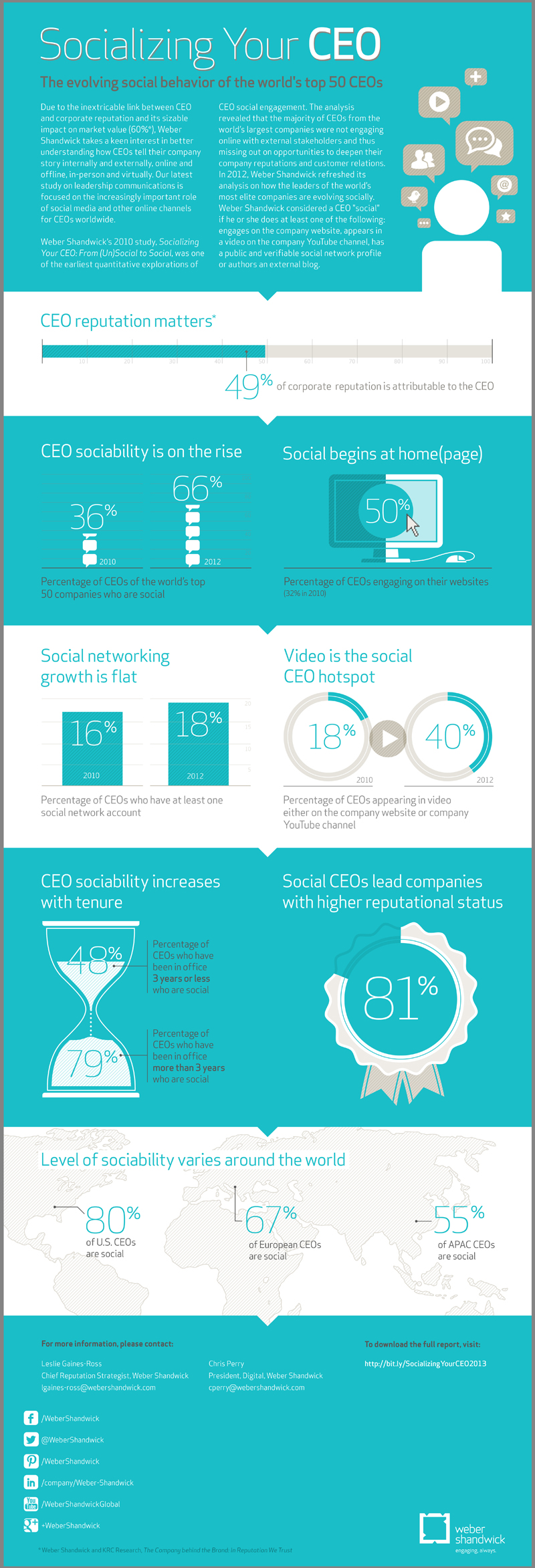|
Member's Blog
Blogs
Written by Malek
Tuesday, 22 January 2013 00:18
Tech giants Microsoft (MSFT, $27) and Google (GOOG, $705) are locked in a multi-front struggle whose outcome will have enormous implications for the shareholders of both companies as well as technology customers around the world. In many ways both companies find themselves at a vital crossroads: what to do when the cash cow upon which the organization is built comes under mortal threat? The answer that both have settled upon, leveraging areas of strength to force their way into adjacent markets, is both uninspired and fraught with risk. The Roots of Strength Microsoft Microsoft was for a time the primary corporate beneficiary of the PC revolution. The insight of co-founder Bill Gates that maximum profit could be generated from sale of the software that ran computers, rather than from sale of the computers themselves, was a simple but profound idea that led to a gusher of profitability that continues to this day. Using its strength in operating systems, first with MS DOS and then with Windows, Microsoft successfully pushed its way into productivity software, leading to the Office suite of products, as well as more high-end enterprise tools such as the Exchange, SQL Server, Sharepoint and Great Plains products. Today the company boosts imposing financial health. Revenue and cash flow came in at $73.7 billion and $31.6 billion for FY12. Additionally, management has demonstrated a focus on returning cash to shareholders, with $10.7 billion returned in FY12 through stock buybacks and dividends. Google came of age at a fundamentally different time and in a different competitive landscape. Whereas Microsoft’s management intuited where profitability would concentrate in the PC ecosystem and positioned themselves to reap maximum gains, Google entered a crowded market (search) that few thought was in need of improving and revolutionized it with a superior product. Google has demonstrated considerable earning power, with LTM revenue of $47.5 billion and operating cash flow of $15.9 billion. Nonetheless, the company is considerably less diversified than Microsoft, with 77% of Q3 revenue coming from Google.com and Google’s network partners. Different Paths
Written by Malek
Monday, 21 January 2013 00:09
Google Executive Chairman Eric Schmidt’s daughter Sophie has posted a lengthy account with photos of their recent trip to North Korea. She describes deep government control of the nine-person delegation’s visit and North Korean citizens’ access to technology and information, as well as extreme cold and the mysterious availability of Doritos snack chips in one supermarket visited. Some highlights: - The English-language customs form for North Korea requires declaration of ”killing device” and “publishings of all kinds.” - None of the buildings visited by the delegation was heated, despite the cold. Sophie writes: “They’re proudly showing you their latest technology or best library, and you can see your breath. A clue to how much is really in their control.” - The delegation had two official minders always present with them (“2, so one can mind the other”) and no interaction with North Koreans not vetted by officials. - Eric Schmidt’s “reaction to staying in a bugged luxury socialist guesthouse was to simply leave his door open.” - The group saw a room with roughly 90 North Koreans at computers in the Kim Il Sung University e-Library. But, Sophie writes, “One problem: No one was actually doing anything. A few scrolled or clicked, but the rest just stared.” - The group could make international calls on rented cell phones but had no data service.
Written by Malek
Thursday, 17 January 2013 01:30
Republicans and Democrats tend to disagree about everything, on issues ranging from tax policy to gun control. So it's no surprise that a study by the American Veterinary Medical Association revealed that, by and large, red states and blue states can be divided by their preference of house pet. Overwhelmingly, red states have the highest rate of dog ownership while residents of blue states are more likely to keep a cat as a pet. The study, titled U.S. Pet Ownership & Demographics Sourcebook, is based off 2011 data and provides statistics on pet ownership by state. Nine of the top ten states for dog ownership voted for Mitt Romney in the 2012 election – despite the story about Romney strapping his dog Seamus to a carrier on the roof of his car during a 12-hour road trip. The red states in question are Arkansas, Kentucky, Missouri, West Virginia, Mississippi, Alabama, Tennessee, Texas, and Oklahoma, while the lone blue (dog) state was New Mexico. Nine of the ten states with the lowest percentage of households with a pet dog voted Democratic, including strongholds Minnesota, New York, and Rhode Island. And in spite of the undeniable cuteness of Bo Obama, four out of the top five feline-friendly states voted for the President. Cats are the preferred pet in the blue states of Vermont, Maine, Oregon, and Washington, although South Dakotans also own plenty of felines. This rule doesn't appear to hold perfectly – in particular, there's no rush to label Dianne Feinstein a DemoCAT. For instance, California (a blue bastion) also has one of the lowest rates of cat ownership, with 28.3 percent of households including a feline in their families. Another surprising nugget from the study: in America, dogs aren't a man's best friend. While there are about 70 million pet dogs in the nation, there are 74.1 million pet cats.
Written by Malek
Monday, 14 January 2013 18:15
After nearly two years of conflict and 117,000 displaced Syrians UPI reports Syrian President Bashar Assad and his family have left the country and live aboard a warship manned with Russian security. UPI cites an Al-Watan report claiming Assad's family are somewhere in the Mediterranean Sea and that the semi-deposed president travels back to the country by helicopter for meetings and receptions. When he flies to his embattled country, the president lands at undisclosed locations and is transported to the presidential palace under heavy guard, the sources said. The Russian-guarded warship provides a safe environment for Assad, who has lost confidence in his own security detail, the report said. Assad's presence on the warship suggests he has been granted political asylum by Russia but there has been no official comment from Moscow, the newspaper said. Assad's presence on the ship could be a sign of looming negotiations on the conflict in Syria, the report said. While negotiations continue stumbling toward a beginning, Assad can take little comfort in the rebels growing proficiency with surface-to-air missiles. Man Portable Air Defense Systems (MANPADS) have been appearing with great frequency among rebel forces and it only takes one shot to take down a helicopter flying in off the coast. Assad may take some comfort residing offshore, but if the reports are true, that ride back in must be tense. |




.jpg)


